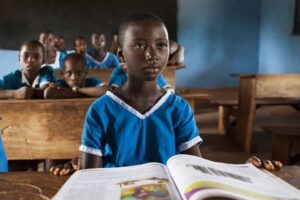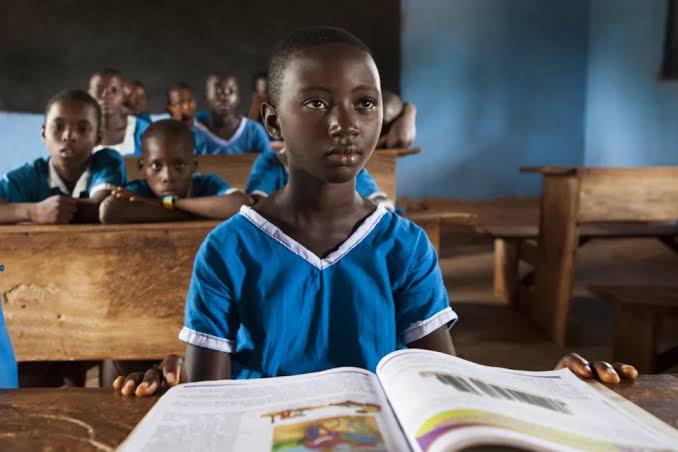In Northern Nigeria, millions of girls are denied the basic right to education, perpetuating a cycle of poverty and limiting their opportunities. The disparity between boys’ and girls’ education in the region is alarming, with girls facing significant barriers to accessing and completing their education.

Education is key to breaking the cycle of poverty, improving health and wellbeing, and empowering girls to become leaders and agents of change. However, deep-rooted cultural norms and traditions often limit girls’ access to school, resulting in lower literacy rates, school enrollment, and completion rates compared to boys.
Investing in girl-child education is crucial for the development of Northern Nigeria. Educated girls are more likely to find better job opportunities, improve their economic status, and contribute positively to their communities. Education also improves girls’ health and wellbeing, enabling them to make informed decisions about their reproductive health and reduce maternal and child mortality rates.
Communities, parents, and governments must work together to support girl-child education. Community-based initiatives and awareness campaigns can help change cultural attitudes, while involving parents in their daughters’ education can encourage them to prioritize their schooling.
To address the challenges faced by girls, strategies such as improving access to schools, creating safe learning environments, and addressing gender-based violence are necessary. Government policies and partnerships with international organizations and NGOs are also essential for advancing girl-child education.
Success stories and best practices, such as scholarships and mentorship initiatives, can inspire change and provide examples for others to follow. Highlighting these stories can help create a more inclusive and equitable society where girls can achieve their full potential through education.
Girl-child education in Northern Nigeria is a matter of urgency. It is essential for building a more prosperous society where girls can become leaders and agents of change. All stakeholders must work together to remove barriers and create an environment where girls can access quality education and achieve their full potential.




